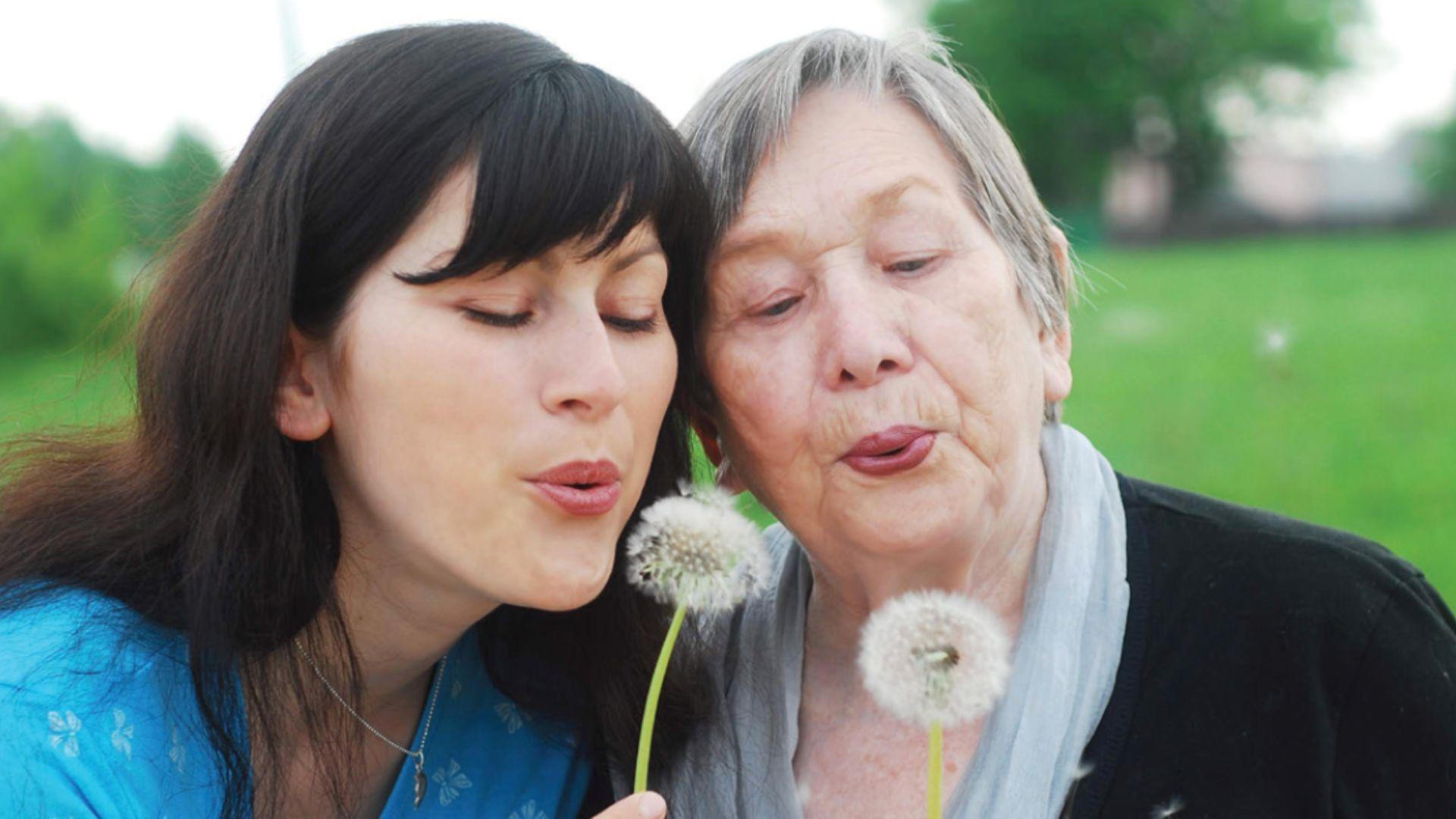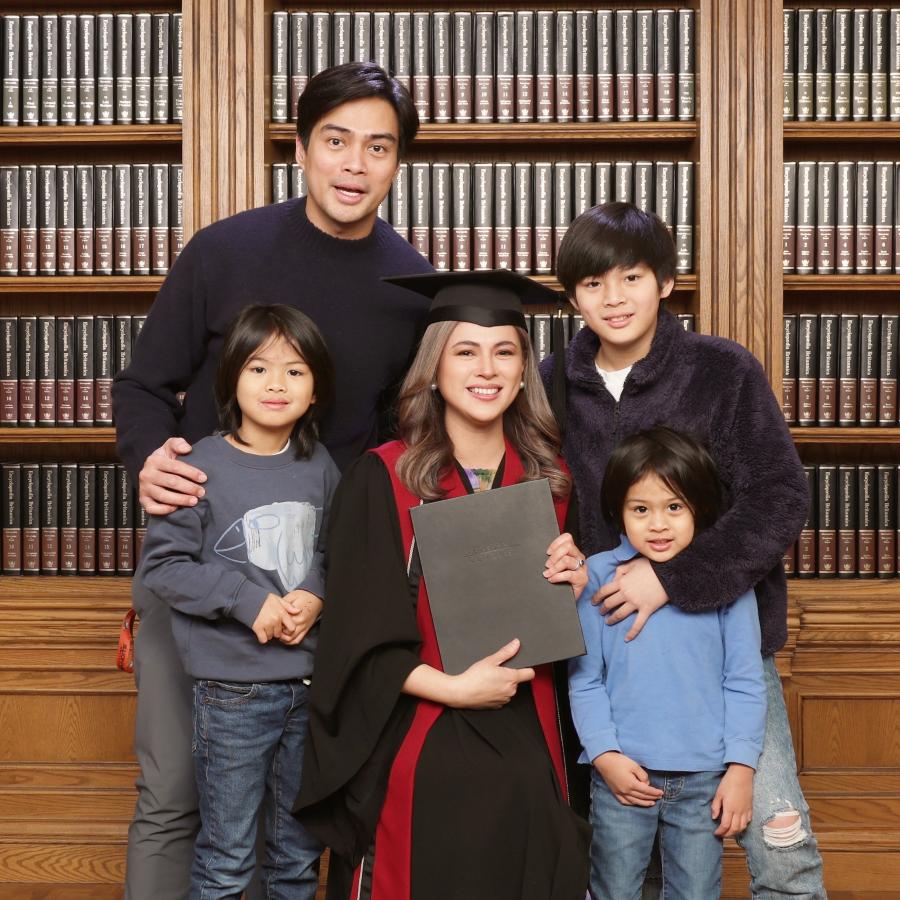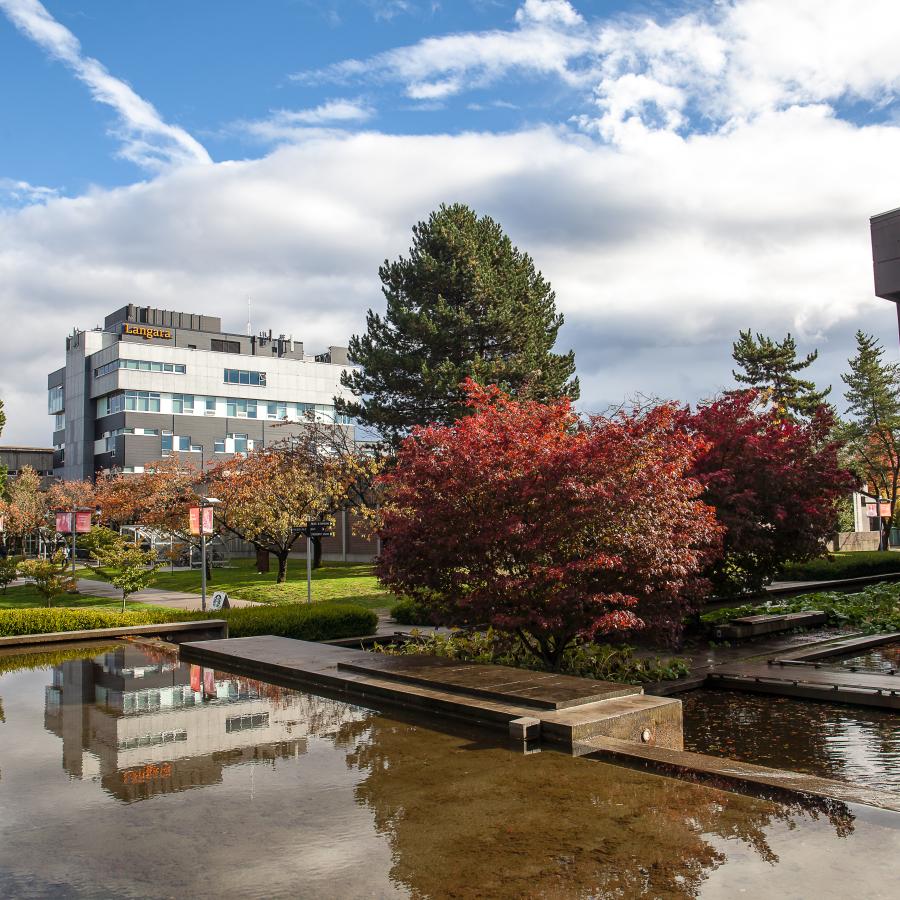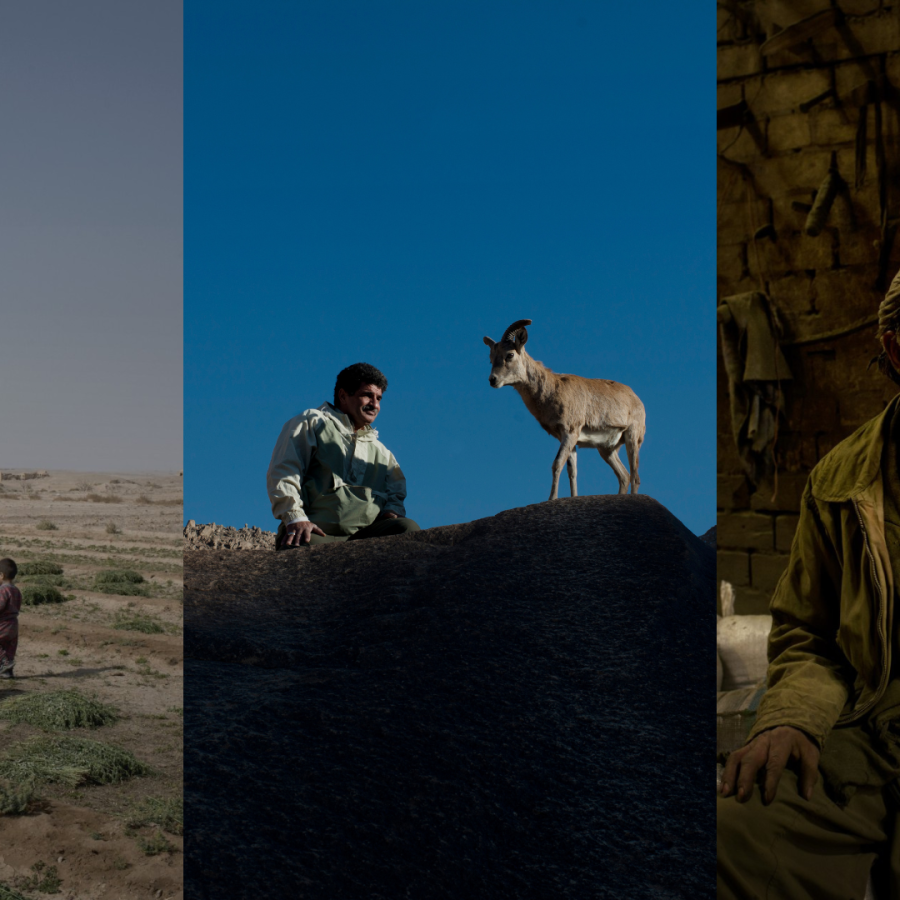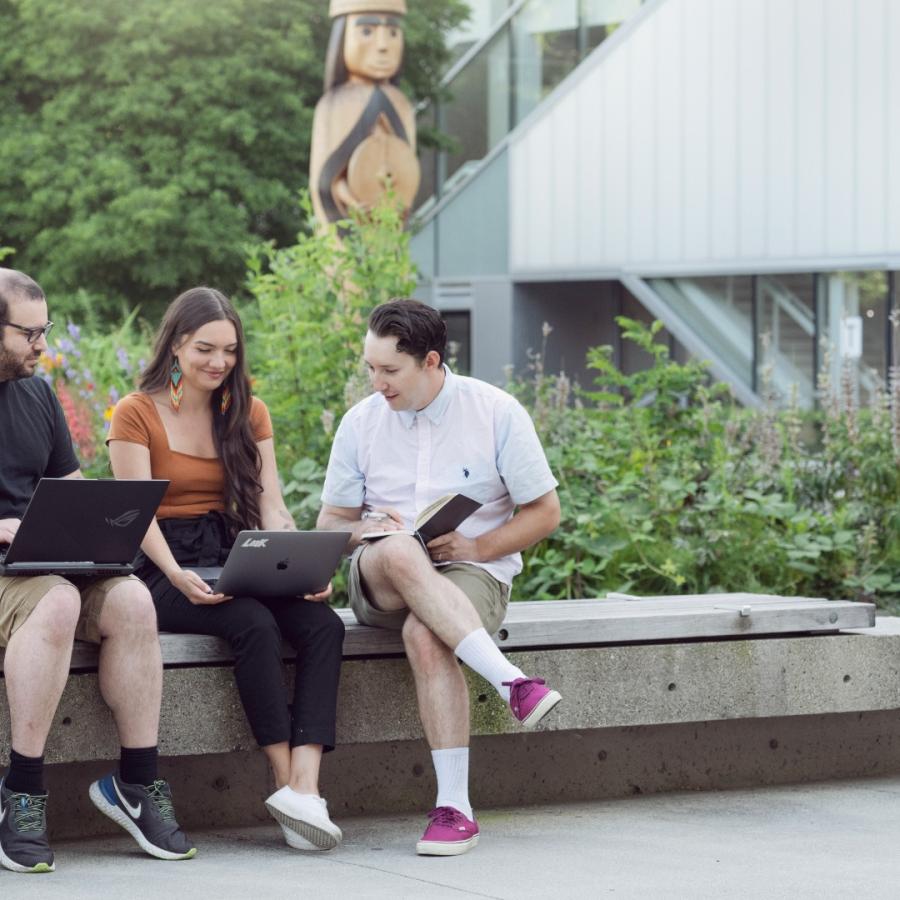Langara’s Gerontology program equips students with practical skills to support older adults in community settings. With multiple practicums, a supportive environment and growing opportunities in senior care, this program prepares student to meet the needs of Canada’s aging population and shape the future of aging services.
As Canada’s population ages, the need for skilled professionals who have specialized knowledge and training to work with older adults is greater than ever. Langara College’s Gerontology Program is uniquely designed to meet this need by preparing students for meaningful, in-demand careers that support older adults in community-based settings.
A social work lens on aging
First, what is gerontology? “It’s the study of aging from a multidisciplinary perspective, which includes psychological, social or biological aspects, to enhance services and programs for older adults” explains Jasmyne Rockwell, program coordinator. “We also study how aging influences society and how society and context influence aging.”
Langara’s Gerontology Program offers both a one-year Certificate in Social Service Worker (Gerontology) and a two-year Diploma in Gerontology. All students start together as one cohort, completing shared courses and a year-one practicum.
What sets this program apart is its practical, applied focus. It is the only program of its kind in British Columbia that trains students to work in community-based services for older adults. It prepares students to be ready to work in adult day programs, advocacy organizations, and new initiatives like Better at Home and Social Prescribing which help seniors access housekeeping, volunteer drivers, grocery support, and social engagement opportunities.
“Most people actually age in their home for most of their older years,” says Jasmyne. “They need programs that help them stay independent, feel socially connected, and maintain a good quality of life. That’s where our grads come in.” Throughout the program, students are encouraged to challenge ageist assumptions and social structures that prevent older adults from participating fully in their communities. They learn how to advocate for the population and to work alongside older people and their families.
A pathway sparked by community involvement
Angeline, a current Diploma in Gerontology student, found the program after volunteering at a local food hub and engaging with seniors in her community: “I first looked at Langara’s Social Service Worker before discovering the gerontology department. That clicked with me because of my interest in working with older adults.”
She felt like the program was a great match that will set her up to succeed in a future role:
I really feel like I am prepared and have an understanding of what issues older adults in my community might be dealing with.
In addition to academics, Angeline says one of the most rewarding aspects of the program has been the sense of community: “The instructors have fostered a very supportive environment. There is a lot of respect between my classmates and I and we all really learn a lot from each other. To me, this really reflects the values of the field itself.”
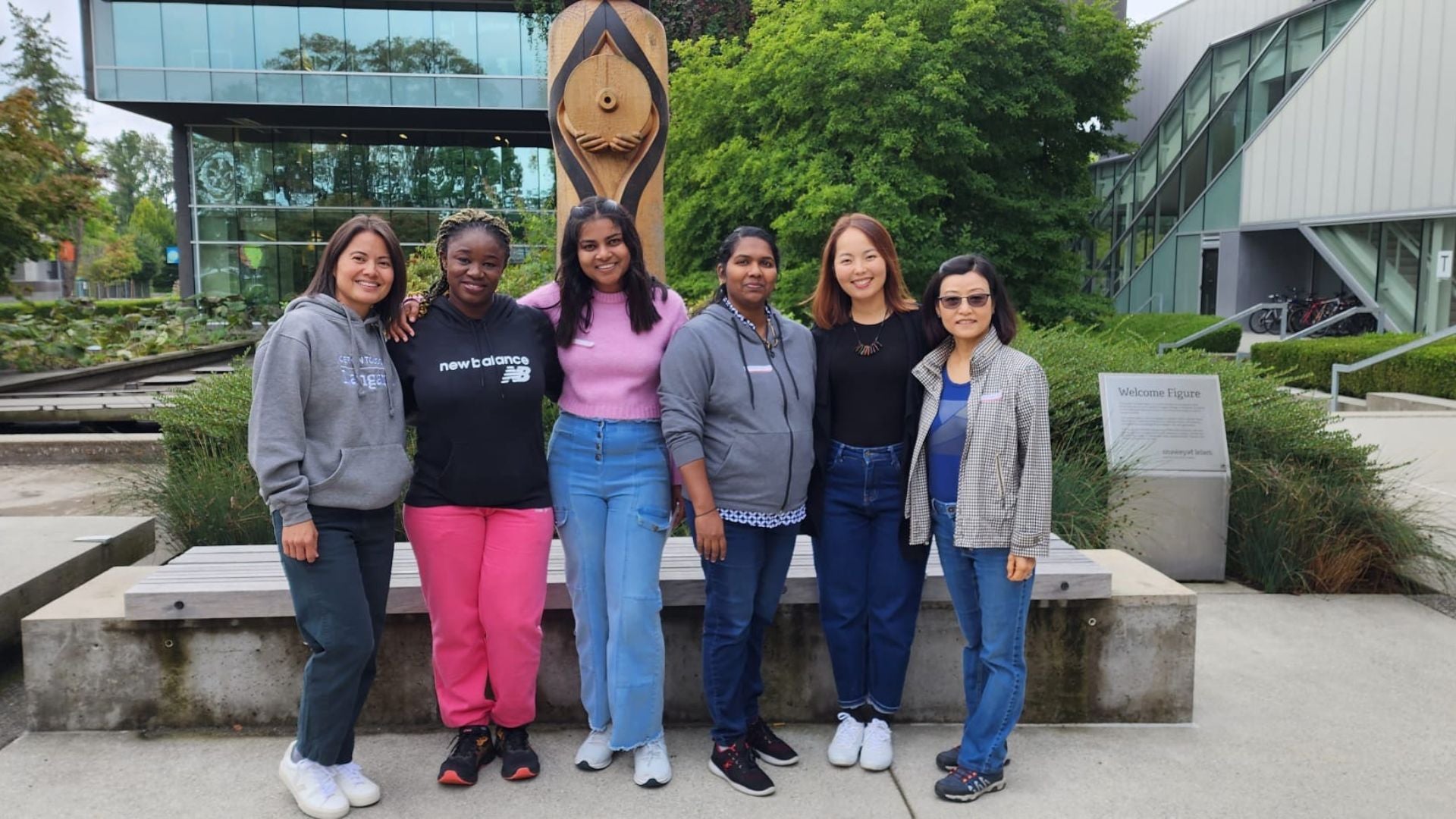
Real-world experiences that lead to employment
That spirit of connection continues in the practicum placements, which are built into both the one-year certificate and the two-year diploma. First-year students complete a half-day practicum in the fall and a two-day placement in the spring. Diploma students take on a more advanced practicum in their second year.
We are very community-level and applicable. Students are learning social work skills that they can immediately apply during their practicum.
For Angeline, who completed her practicum with the Alzheimer Society of BC, the practicum experience has been transformative: “Their values are really similar to what we’re been taught in class, such as person-centered care, empathy, and respect. it’s very relevant to our learning.”
Shortly after her practicum, she was hired part-time by the Alzheimer Society, balancing work while continuing her studies. “It worked out really well,” she says.
“There’s a misconception that working with seniors is boring or limited,” says Jasmyne.
“Older people are just as diverse as any other group. We need multicultural, multilingual workers who understand that diversity and we just add a little bit of an ‘aging lens’ on it.”
The right program for purpose-driven students
For students who want to make a difference, whether through one-on-one support or by shaping the future of aging services, the Gerontology Program offers a meaningful path.
“Being curious is a big part of our work,” says Angeline. “Self-awareness is important too and the learning doesn’t stop when the program ends. It continues as we grow in our roles.”
As Jasmyne puts it, “We’re not just doing this for others, we’re doing it for ourselves. If we’re lucky, we’ll all grow old one day. Building a better system now means we’ll all benefit later.”
Interested in supporting the well-being of older adults?
Learn more about Langara’s Gerontology Program and take the next step toward a meaningful career in aging and community care.
